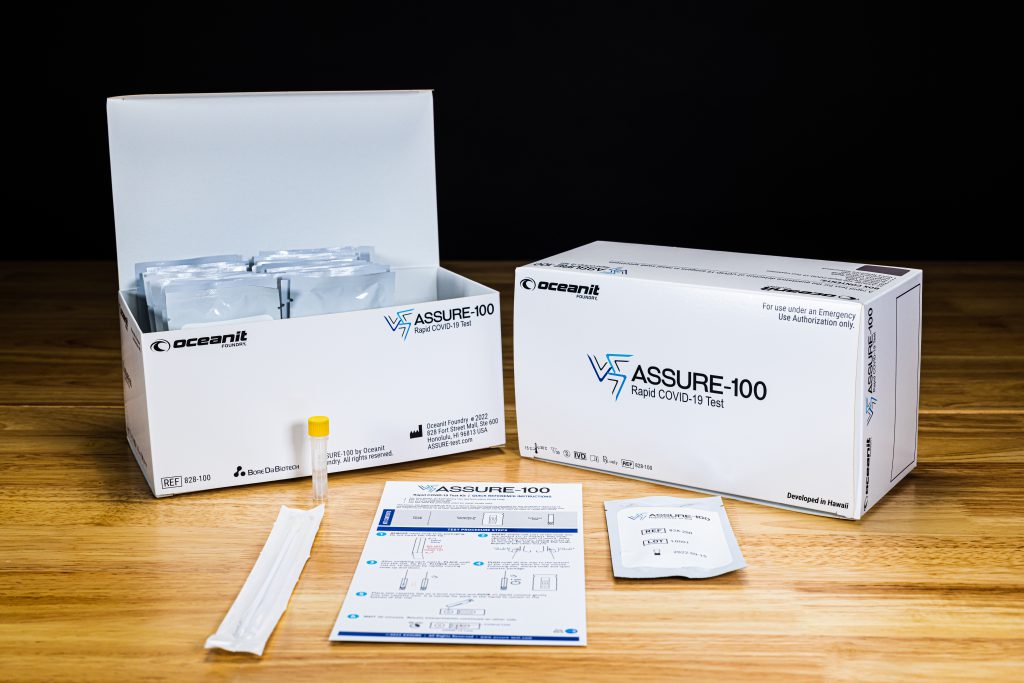
New Study Finds 100% Correlation Between Rapid Antigen Test Results and Culturable Virus Levels
Researchers have been studying the question of whether rapid antigen tests are a good indicator of contagiousness, or infectiousness, when it comes to the SARS-CoV-2 virus. Now, a new study published as a preprint in medRxiv has demonstrated a 100% correlation between COVID-19 test results from rapid antigen tests and culturable virus – a virus able to be passed on and infect others.
This result follows a tumultuous few years of the global pandemic where protocol for isolation lengths and testing requirements if infected has shifted frequently, leaving many confused about what the best way to reduce spread really is.
The new study took place in Florida, where the current protocol for children returning to school is a 5-day isolation period. The study compared results from rapid antigen tests with PCR tests and found that, while PCR tests detect lower viral loads, rapid antigen tests were effective in detecting culturable viral loads, levels that were likely to be infectious. The results support the perspective of COVID-19 rapid antigen test proponents: that rapid tests do in fact connote contagiousness.
In the study, cases where a subject’s PCR test was positive, but the rapid test was negative, it was determined likely that the subject was recovering from COVID-19 and so would have extremely low likelihood of being infectious upon return to school or work. However, some of the subjects tested positive with rapid tests over a period longer than Florida’s mandated 5 days. These results showed that these cases were still able to transmit infectious levels of virus, and should actually be required to isolate longer, implying that rapid testing is an effective way of monitoring when and how long people need to isolate.
This result supports protocols that many other countries such as Germany, Great Britain, Singapore, and Israel have been following, and that many scientists in the U.S. have been calling for: ‘test to stay’ programs, where isolation protocol is based on frequent, rapid testing to determine if those infected remain contagious or not.
This approach eliminates the risk of someone returning to work or school prematurely while still being contagious, yet also eliminates unnecessary isolation from overly-sensitive PCR results which can return positives weeks after a person’s viral load is too low to infect others. It also supports the concept of frequent, cheap rapid testing over large populations to identify any asymptomatic cases that could lead to spread. This type of rapid testing regime has become commonplace in numerous countries, but these countries offer rapid antigen tests for cheap to no-cost, while in the U.S., rapid tests can be pricey and still face serious supply shortages.
Oceanit is working to close this gap through its ASSURE-100 rapid COVID-19 test that delivers results in under 20 minutes. ASSURE-100 was authorized under FDA EUA in February 2022 and is now being considered for Over-The-Counter (OTC) approval. Oceanit hopes to scale production once OTC is granted. Availability and affordability of rapid tests will enable new US protocols based on frequent testing over larger populations to stem COVID-19’s spread.
You can find the pre-published study here: “Persistence of SARS-CoV-2 omicron variant in children and utility of rapid antigen testing as an indicator of culturable virus” by Zoe M. Lohse, Jerne L. Shapiro, John A. Lednicky et al.